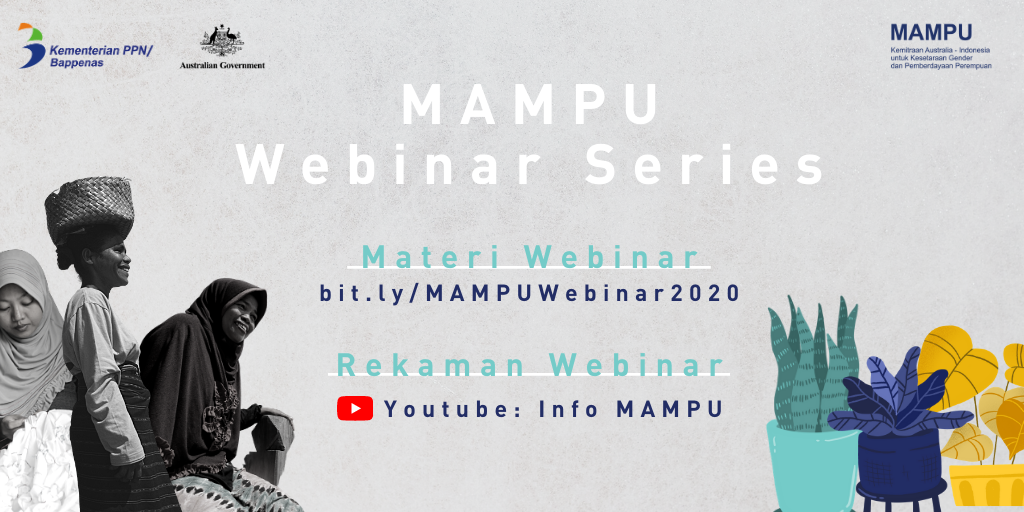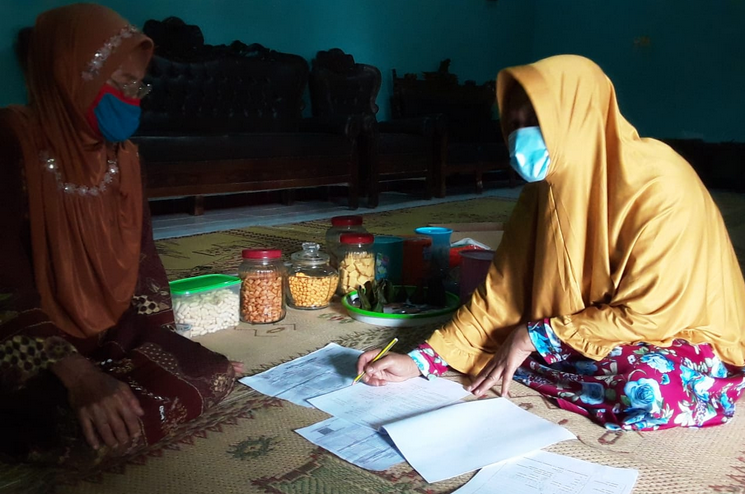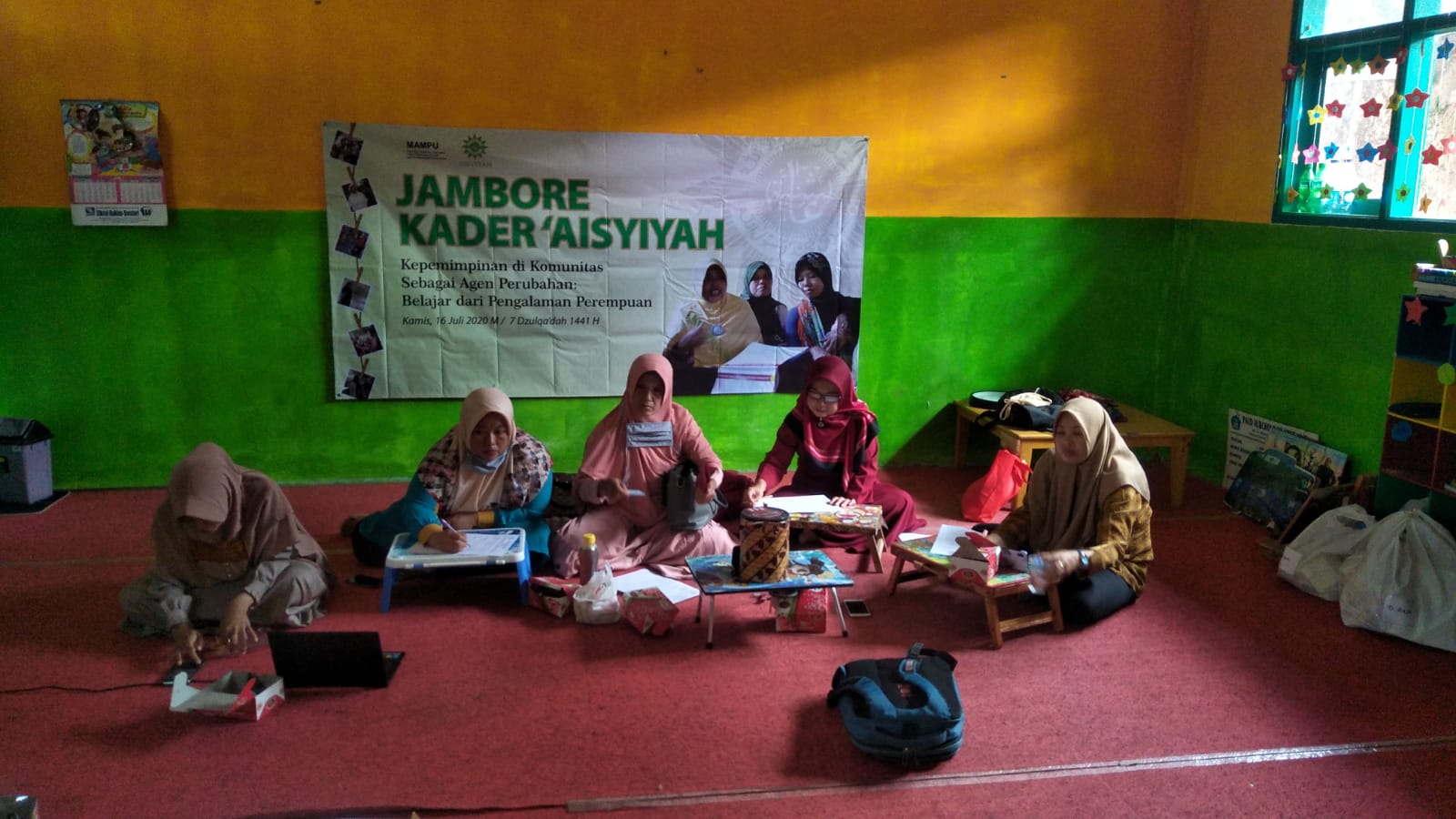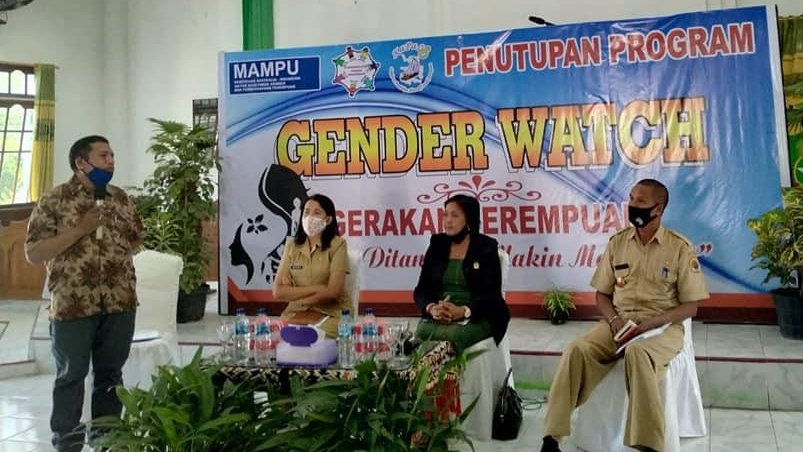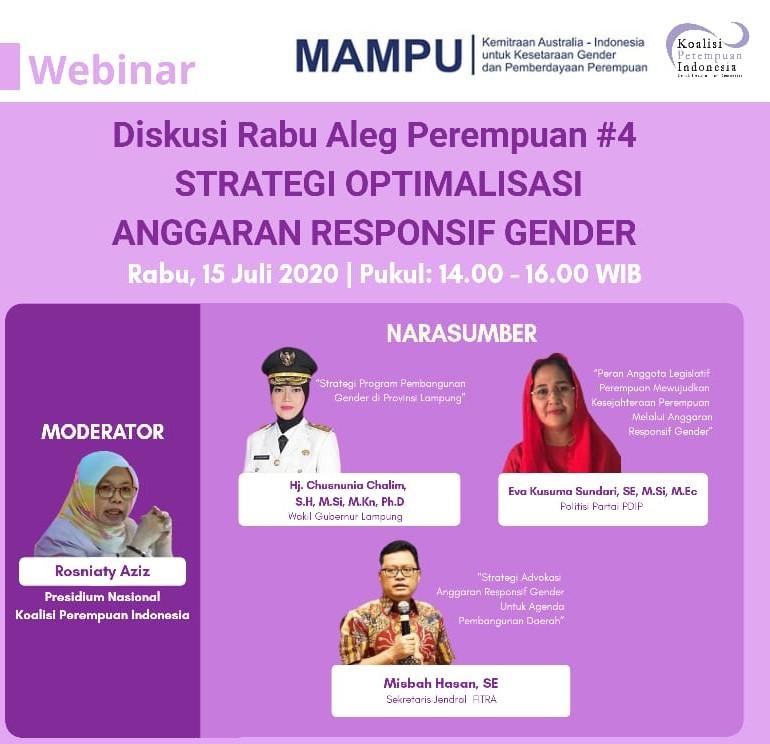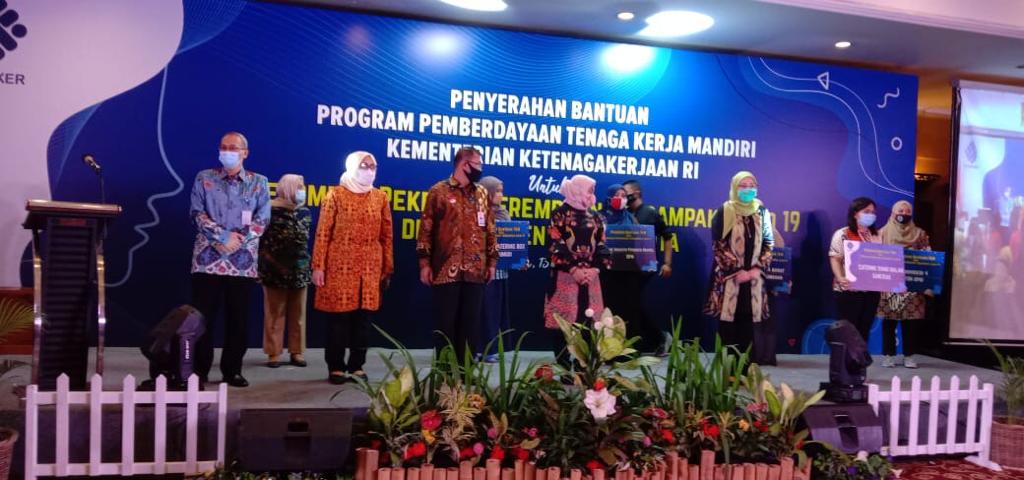Event
“Eating Fish Campaign” in Kupang: Improving Indonesian Women’s Health and Nutrition
1 May 2017Author: admin
“Eating Fish Campaign” is a campaign promoted by the Indonesian government to increase the fish consumption as a source of protein, in order to achieve the Nawacita goals to improve the human potential of Indonesia. Recently, 1 out of 3 Indonesians is suffering from malnutrition. Eating Fish Campaign also aims to increase the income of people and the country from fishing industry, including home fishing industry.
As the part of “Eating Fish Campaign”, the Head of the Presidential Staff Office (KSP), Teten Masduki, representatives from Bappenas RI and the Australian Embassy for Indonesia, visited a fishing village in Kupang, East Nusa Tenggara on 28 April 2017.
The objectives of the visit are to increase people’s awareness – especially grass-root women and their family – about the importance to consume fish for health, as well as potency to improve the economy of the family. Also, to motivate the local people, especially the fisherman community, and the local government to develop fishing industry, especially home fishing industry in Kupang and East Nusa Tenggara.
MAMPU support to this activity could be related to the 4th thematic area that is improving women’s health and nutritional status. It stated by Destri Handayani, Head of the Sub-directorate of Women’s Empowerment and Gender Mainstreaming – Bappenas RI, who said that the Eating Fish Campaign is in line with the MAMPU Program to improve women’s health and nutrition.
In the fishermen village, Teten Masduki discussed with fishermen community and women’s fish-based food processing groups in Kupang. They are members of the Women’s School which fostered by the Pondok Pergerakan, one of KAPAL Perempuan’s local partners, supported by MAMPU Program.
Teten Masduki said that in facing global competition, healthy generation is needed. One way to reach it is by eating fish. Therefore, the role of mother and woman is very important to increase fish consumption.






